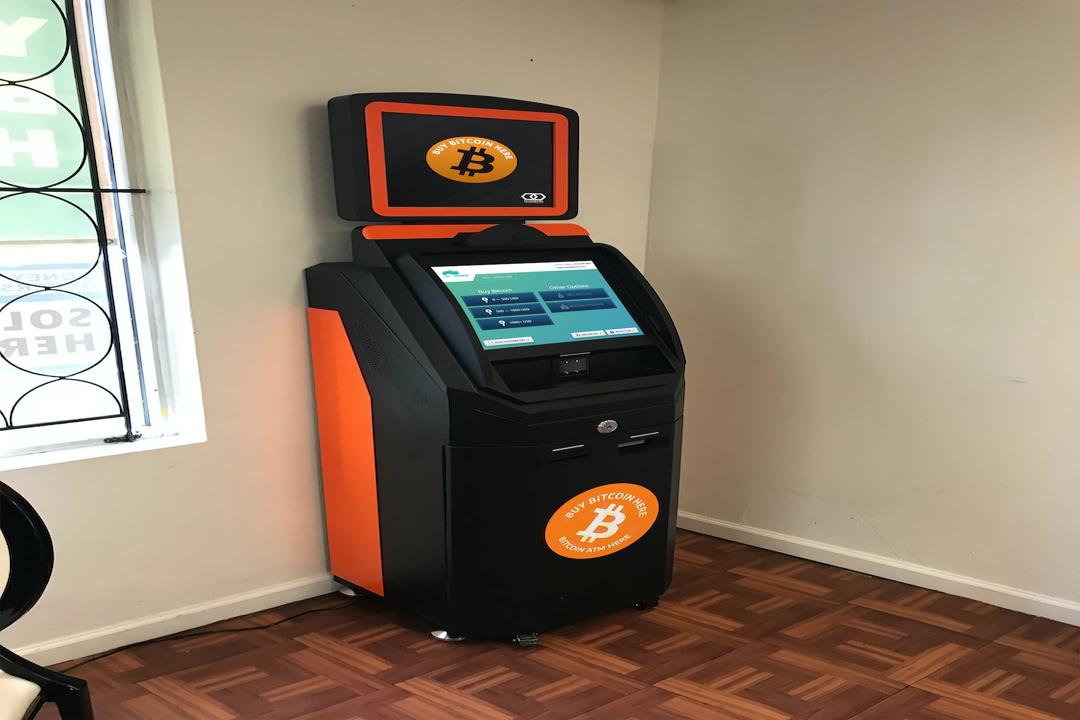T-Mobile Germany’s MMS has collaborated with the decentralized data platform Subsquid to operate dedicated worker nodes as part of Subsquid’s decentralized “data lake.” This partnership aims to enhance the security and efficiency of blockchain data retrieval and transfer. Worker nodes within the Subsquid network process data queries and retrieve information requested by data consumers from the data lake.
Alexander Ebeling, co-founder of Web3 Unit Deutsche Telekom MMS, stated, “For Deutsche Telekom, this cooperation aligns with our strategic vision of embracing decentralization and supporting the development of new decentralized business models.”
Collaboration and Data Processing
Marcel Fohrmann, co-founder of Subsquid, noted that this partnership would help “strengthen and protect permissionless data access on Web3.” Before this collaboration, Deutsche Telekom had recently decided to become a validator for the Ethereum Layer 2 scaling platform Polygon, joining as one of the network’s 100 staking and validating providers.
Dmitry Zhelezov, co-founder of Subsquid, discussed data processing and explained that each piece of data undergoes “encrypted verification” to ensure “all relevant data is authentic.” “Once [data] is added to the Subsquid network, it is replicated across dozens of nodes on the network, so even if one node goes offline, all data remains available to consumers.”
Security Challenges
Discussing data security, Ebeling explained, “Security remains the most crucial issue, as enterprise-level systems are primary targets for network threats.” “[…] We implement strict security audits that comply with the high standards of telecom internals and maintain a 24/7 on-call team to ensure the uptime of our blockchain infrastructure.”
Speaking on behalf of Subsquid, Zhelezov listed several challenges, including ensuring efficient data partitioning and implementing enterprise-level security measures in the decentralized space.
Deutsche Telekom’s Bitcoin Mining Plans
Dirk Röder, head of Web3 infrastructure and solutions at Deutsche Telekom, recently stated at the BTC Prague event that the company has been running Bitcoin nodes since 2023. When writer Joseph Hall asked Röder to elaborate on “digital currency photosynthesis” and whether the company would mine Bitcoin, Röder said, “We will.”

